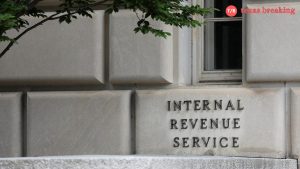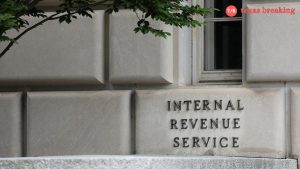As the upcoming Unclaimed Property Day approaches on February 1, it presents a timely opportunity for individuals to seize any funds rightfully owed to them. The National Association of Unclaimed Property Administrators estimates that nearly 33 million Americans are entitled to unclaimed money, encompassing uncashed paychecks, refund checks, or security deposits. This article aims to guide you on how to determine whether you possess unclaimed property and the steps to claim it.

Unclaimed property refers to assets held by financial institutions or companies that become dormant over a specified period, prompting their transfer to the state. The National Association of Unclaimed Property Administrators plays a crucial role in facilitating the return of these unclaimed assets to their rightful owners, with Unclaimed Property Day serving as a yearly awareness initiative to encourage Americans to reclaim what is rightfully theirs.
Various forms of unclaimed property exist, including uncashed payroll checks, customer overpayments, refunds, funds in checking or savings accounts, utility security deposits, trust distributions, and the contents of safe deposit boxes. To initiate the process of reclaiming unclaimed property, individuals must check their state’s database, provide evidence of ownership during the claims process, and, upon verification, receive the owed funds.
Approximately 1 in 7 Americans is estimated to have unclaimed property, making it crucial for individuals to ascertain whether they are among those who may be entitled to such assets. Two primary methods can be employed to determine the presence of unclaimed funds:
1. Check MissingMoney.com:
One convenient method is to utilize MissingMoney.com, an endorsed platform by the National Association of Unclaimed Property Administrators and the National Association of State Treasurers. By entering your first and last name, you can conduct a comprehensive search across multiple states. Should any unclaimed property be identified, follow the provided instructions to obtain more information and initiate the claims process.
2. Search Your State’s Unclaimed Property Database:
Alternatively, each state maintains its own unclaimed property database. Individuals can directly access their state’s database to conduct a free search and file a claim if unclaimed property is found. It is essential to verify that the official state government website is being used to prevent falling victim to online scams.
Sharing a personal experience, the author recounts finding unclaimed funds in their state’s database a few years ago. In this instance, the author’s husband was owed a substantial amount due to an overpayment made for his college tuition, which had initially gone uncashed. The claims process, though taking a few weeks, ultimately resulted in the receipt of the owed funds.
In conclusion, it is emphasized that if individuals discover they are owed money, claiming it is imperative. Whether to bolster savings or expedite debt reduction, every additional dollar can make a significant impact in today’s financially challenging environment. The article encourages individuals to utilize available resources and emphasizes the potential financial benefits of claiming unclaimed property.




